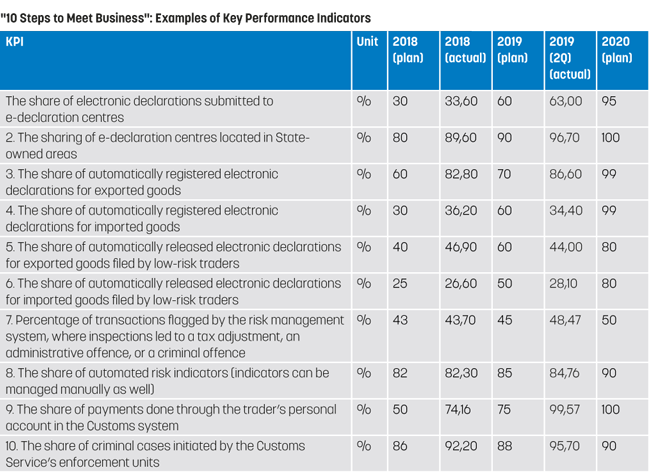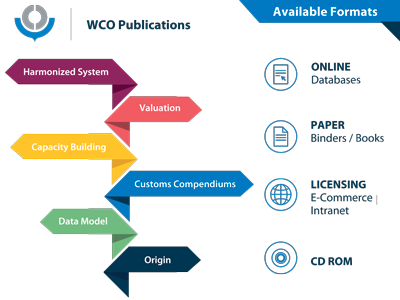WCO Data Model: understanding the WCO’s key data harmonization and standardization tool for cross-border regulatory processes
22 October 2019
The availability of quality and timely electronic data in a standardized and harmonized manner underpins the effective use of information and communication technologies (ICT) for modern border procedures. Some of the common challenges relating to data requirements for various Customs and border clearance processes include redundancy, proprietary or bespoke standards, poor structure and definition, and fragmented or excessive data requirements.
To that end, the WCO Data Model (DM) has been developed as a compilation of clearly structured, harmonized, standardized and reusable sets of data definitions and electronic messages, to meet operational and legal requirements of cross-border regulatory agencies, including Customs, which are responsible for border management. As a global standard, the WCO DM has been organized in such a way that the complex nature of the data requirements for various cross-border procedures could be developed and understood in a simple, consistent and harmonized manner.
The WCO DM also includes Information Packages, which are subsets of the Model that act as standard templates linked to a particular policy/legal requirement and business process, such as the cargo declaration, the goods declaration, conveyance reporting, licences/permits, and certificates. The Information Package concept enables WCO Members to select and focus on a particular subset of the WCO DM that fits the purpose for a specific regulatory procedure, by deriving pertinent Information Package and translating it into a My Information Package (MIP), namely the national implementation of the WCO DM Information Package.
Currently, the WCO DM contains 727 data elements that support different data requirements for various Customs and border regulatory processes and systems, including the Single Window environment. It is a comprehensive technical dataset that is dynamically updated through an established Data Maintenance Request (DMR) mechanism to meet new and emerging requirements.
The WCO DM does not stand in isolation, and it should be seen in the context of a specific business process such as import, export, transit, e-certification, a security programme, and e-commerce. It is closely linked with, and supports, other WCO instrument and tools for fulfilling data requirements under respective instruments and related business processes.
Normally, the WCO body responsible for managing an instrument/tool on a specific topic determines the data elements based on policy imperatives and business needs. Afterwards, those data elements are mapped to the WCO DM or a subset thereof to help translate the policy dataset into a technical standard to enable seamless data exchange. In cases where some of the data elements, which may be required for an existing or new business process, are not already available in the WCO DM, they can be added to the Model through the established DMR mechanism.
A non-exhaustive list that describes the relationship between the WCO DM and other policy datasets is outlined in the table published below.

The relationship between the WCO DM and other policy datasets for specific business domains ensures that further development and maintenance of the Model as an international technical standard are in line with, and driven by, respective business needs and requirements. In addition, it helps ensure that all datasets developed and maintained by different working bodies are aligned with each other, specifically when the same data elements are used/reused in different policy datasets.
The WCO, through its different working bodies, continuously examines data requirements for new business processes. This includes the standardization and harmonization of data elements in the area of e-commerce, with regard to which a policy dataset is still being developed by the relevant working bodies. Once this exercise is completed and endorsed by the WCO Council, the identified dataset will be mapped to, and incorporated into, the WCO DM, potentially as a new DIP.
E-learning courses have been developed. Customs officers may access them via the CLiKC! Platform, and trade professionals via the WCO Academy. Customs officers who wish to acquire more in-depth knowledge about, and contribute to, the WCO DM should also consider attending the DMPT meetings and workshops that are organized from time to time.
More information
facilitation@wcoomd.org
